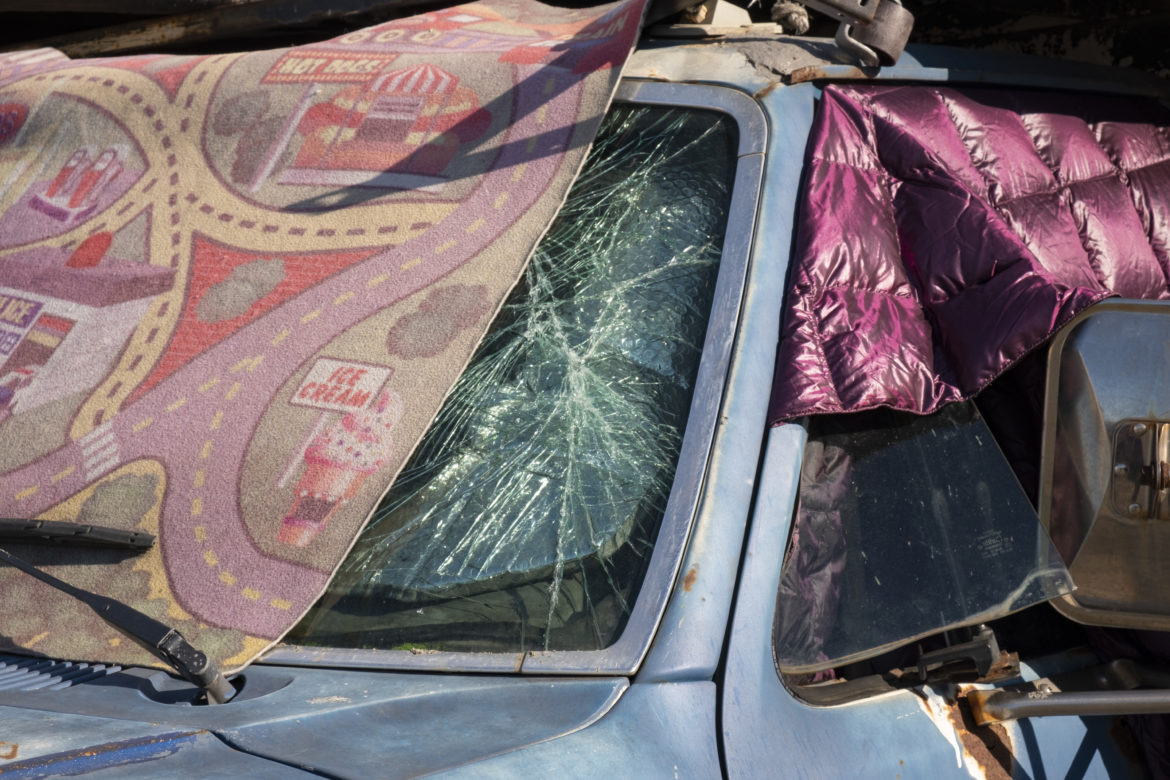With the state emerging from a pandemic that prompted emergency action and investment to bring people living on the street indoors, and after recent pledges from state and local officials to invest in solutions to homelessness, local nonprofit leaders discussed what long-lasting solutions might look like. In these highlights from a recent panel discussion hosted by the nonprofit At the Crossroads, Joe Wilson from Hospitality House, Mary Howe from Homeless Youth Alliance, Charles Lerner from At the Crossroads and Julia Arroyo from the Young Women’s Freedom Center outline the scale of investment that might be needed, and why decisions should be made with input from people with lived experience.
“Yes, we should question, frankly, how much is a human life worth? Someone in the chat asked, ‘Do we really have to spend $250,000 to house one person?’ I don’t know — if it keeps them off the street for the rest of their lives, that’s a bargain. I mean, it’s all a matter of what value system we have.”
— Joe Wilson
“I don’t think that it’s anybody’s fault that because the problem is so big, we kind of go into this place of, ‘I just need to get to my destination, I can’t think about this.’ But when we really do collectively think about it together, it makes it a lot lighter on us all.”
— Julia Arroyo
“Something that is unique to the nonprofits that are represented here is, to my understanding, we do take into account the voices of the people we serve and look to them as being the experts in their own care and ending their own cycles of poverty that they’re stuck in. I think what happens within city government and our larger government is they look to each other to solve those problems and be the experts. And they’re not the ones with the experience or the knowledge to fix that.”
— Mary Howe
“If you look at homelessness, which is the symptom of so many other social issues or social challenges that we have, that need to be addressed, it’s why the money is not going to be enough. We have to systematically — I don’t even know if ‘systematically’ is the right way of putting it — relentlessly change everything we do in this country.”
— Charles Lerner










